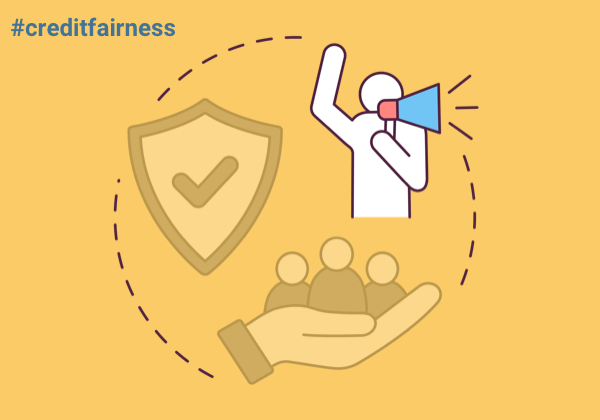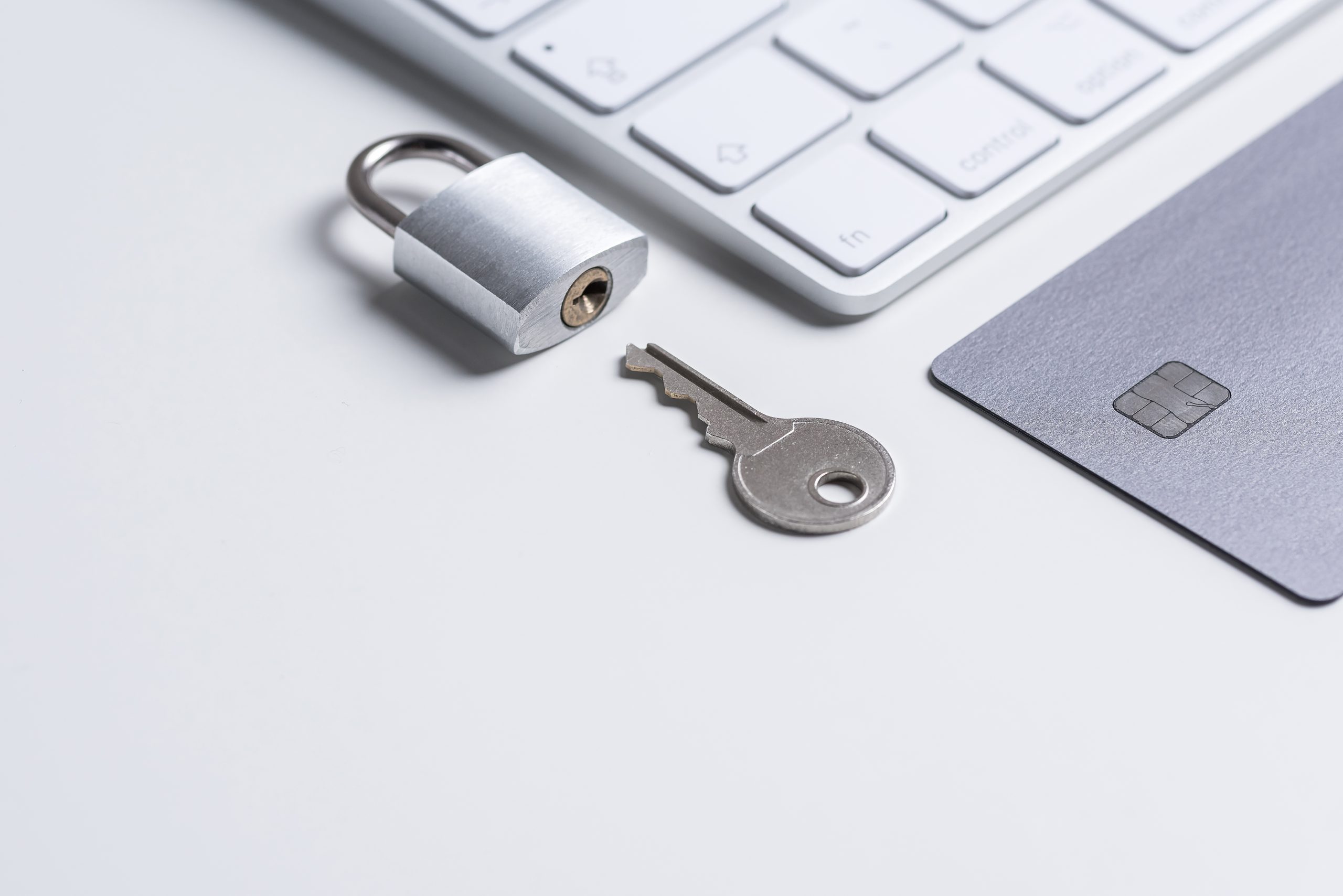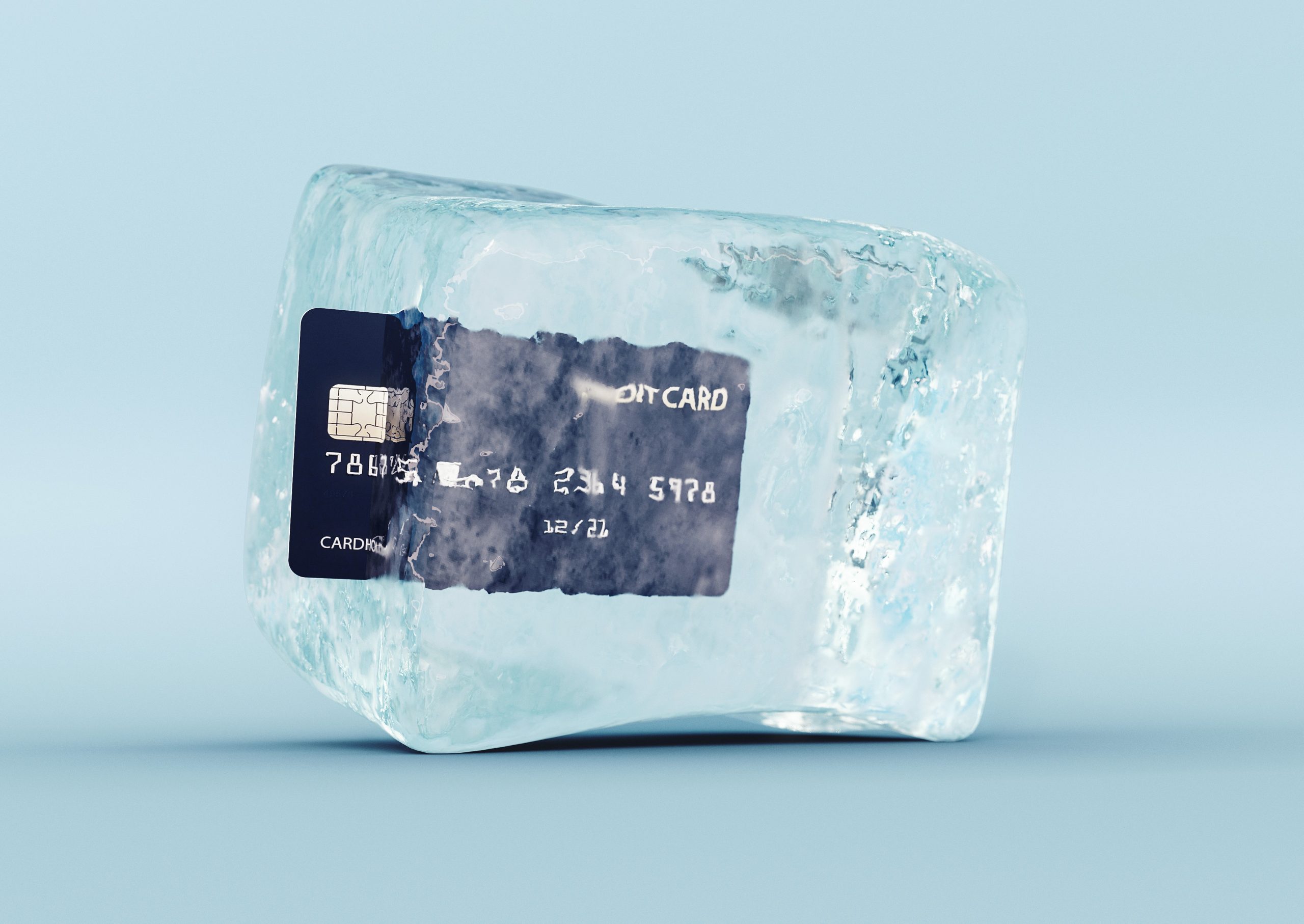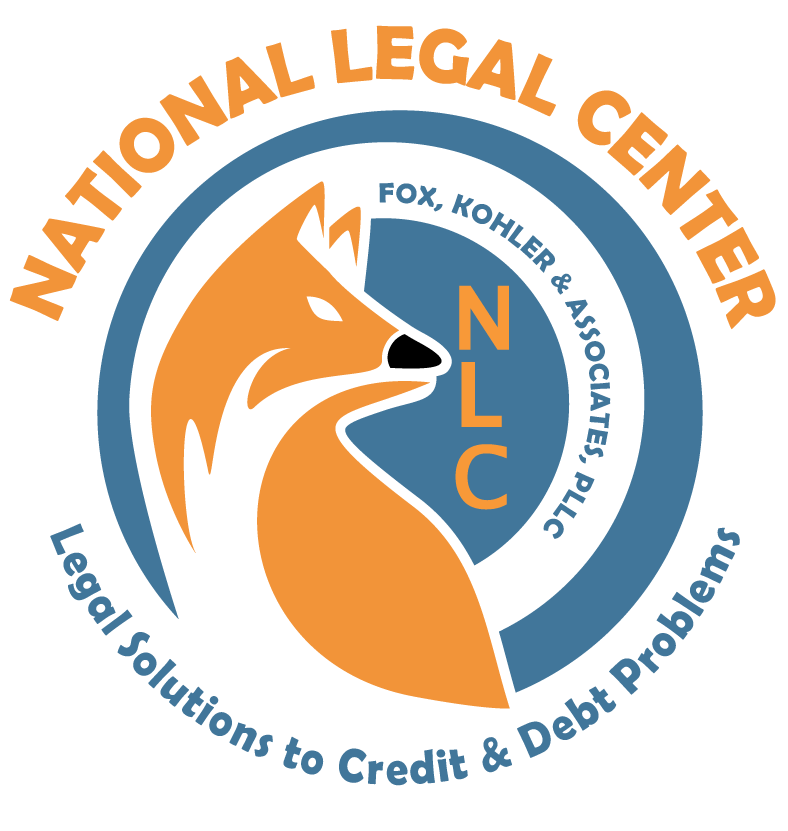CREDIT FAIRNESS

Everyone deserves equal access to fair and accurate credit scores.
For too long, the credit reporting industry has operated without adequate regulation or oversight. Because of this, we’ve spoken with hundreds of people who have unfairly been denied lending applications, lost job opportunities or their actual jobs based on false data, and made poor financial decisions justified by the thought of building a credit score. These are just a few examples of how the current system is unfair and harmful when left without checks and balances.
Credit fairness is a complex topic, but it’s one that we feel passionately about at National Legal Center. We’re taking action and having conversations to advocate and call for credit equality, policy advancement and transparency in the credit reporting industry.

Understanding Identity Theft: What It Is and How to Prevent It
Identity theft occurs when an individual illicitly obtains and uses someone else’s personally sensitive information. This data may include the victim’s full name, Social Security number, credit card details, or other crucial financial information.

Fraud Alert vs. Credit Freeze: Which One is Right for You?
In this piece, we’ll delve into the definitions of fraud alerts and credit freezes, their benefits and drawbacks, and how to determine which one suits your circumstances.

Credit Lock vs. Credit Freeze: What’s the Difference?
You have options to protect your credit, such as placing a credit freeze or a credit lock on your credit report, but which one is right for you? Both can be valuable tools in combating identity theft, but how do they differ? Let’s compare the key features of each so you can make an informed decision about which is right for your situation.

How to Freeze Your Credit to Prevent Identity Theft
There’s a simple but powerful tool at your disposal to protect yourself—a credit freeze. This under-utilized preventive measure serves as a first line of defense, safeguarding your financial future from the prying eyes of scammers.
